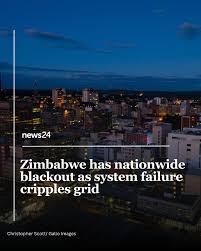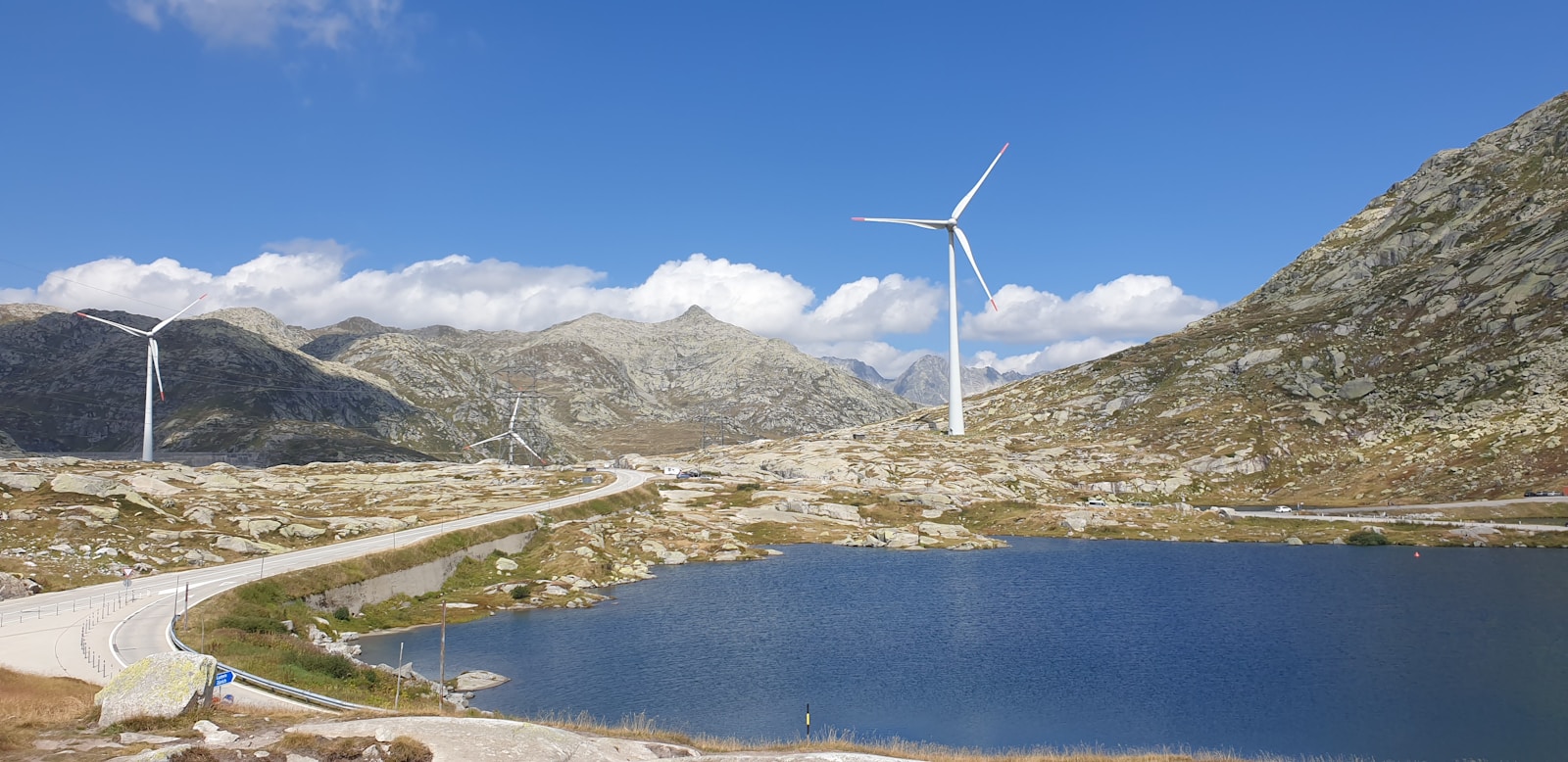
Introduction
Recently, Zimbabwe experienced one of the worst power outages in its modern history, after a massive system failure caused a near-total blackout across the country. According to reports, this failure paralyzed the national grid, resulting in a complete energy outage that disrupted daily life across various sectors, including healthcare, education, and industry.
Electricity is a fundamental aspect of daily life in any country, and its disruption has profound effects on individuals and society at large. In this article, we will explore the details of this outage, its causes, and its wide-ranging impacts on the population, as well as how different sectors of the economy are coping with the crisis.
FOR MORE: https://africatrademonitor.com/
Causes of the Power Outage in Zimbabwe
The recent power outage in Zimbabwe can be attributed to a combination of technical, infrastructural, and economic factors. Below are some of the key causes:
- Energy Generation Deficits:
Zimbabwe has been facing long-term challenges in energy generation, as much of the country’s power plants are either outdated or poorly maintained. Additionally, Zimbabwe’s reliance on energy imports from neighboring countries has decreased due to regional economic crises, further exacerbating the energy deficit. - Sudden Technical Failure:
According to official reports, the nationwide blackout was caused by an unexpected technical failure in one of the key components of the national grid. This technical fault led to a cascading shutdown across the entire system, affecting almost all regions in the country. - Ineffective Resource Management:
Over the years, the management of the energy sector in Zimbabwe has been marked by inefficiency. The country’s power utility company, ZESA, has struggled with high levels of debt and the inability to invest in new technology or upgrade old infrastructure, which ultimately contributed to the grid’s collapse. - Water Shortages Affecting Hydroelectric Power:
Zimbabwe depends significantly on hydroelectric power for its energy needs. However, prolonged droughts in recent years have severely reduced water levels in the country’s reservoirs, making it difficult to generate enough hydroelectric power.
The Impact of the Power Outage
1. Daily Life and Public Well-being
The effects of the power outage on everyday life in Zimbabwe have been immediate and severe. Citizens across the country have been faced with the loss of basic services such as cooking, lighting, heating, and the use of electronic devices. The disruption also severely impacted the availability of clean water and sanitation, leading to potential public health concerns, especially in urban areas.
In cities like Harare and Bulawayo, power outages have also created chaos in transportation and communication systems, further paralyzing the country’s infrastructure.
2. Economic Impact on Industry
The industrial sector in Zimbabwe has been among the hardest-hit by the power crisis. Many factories, including those in manufacturing and mining, rely heavily on electricity to run machinery and equipment. The prolonged power cuts have led to reduced production capacity and, in many cases, the complete shutdown of operations. This has resulted in significant financial losses for businesses, especially small and medium-sized enterprises (SMEs), which lack the resources to invest in backup power solutions.
3. Education and Healthcare Sector Strain
The education and healthcare sectors have also faced considerable challenges due to the outage. Many schools, particularly those in urban areas, have been unable to conduct lessons because of the lack of electricity, especially for schools that use technology for teaching purposes. In hospitals, the power failure has disrupted vital medical services, such as life-saving machines, including ventilators and medical imaging devices, putting patients at risk.
4. Broader Economic Repercussions
The economic effects of this power outage are far-reaching. Industries such as agriculture, tourism, and retail are also struggling due to the lack of reliable electricity. The tourism sector, which had started to show signs of recovery after years of economic decline, has been severely impacted, and the nation has seen a decline in foreign investments due to the unreliability of power supply.
Government Response to the Crisis
In response to the power crisis, the Zimbabwean government has taken several steps to address the situation, although there are significant challenges in the way.
- Temporary Fixes and Emergency Measures:
The government has mobilized technical teams to repair the immediate faults in the power grid. Additionally, some equipment has been imported from neighboring countries to expedite the restoration of service. However, these measures have proven to be temporary and insufficient to resolve the underlying issues. - International Partnerships for Energy Solutions:
The Zimbabwean government has also entered into agreements with neighboring countries, such as South Africa and Zambia, to import electricity. These agreements are designed to temporarily alleviate the power shortages, but they also come at a high cost, and they are not sustainable in the long term. - Promotion of Renewable Energy:
As part of its response strategy, the government has begun to promote investment in renewable energy sources, including solar and wind power. Experts believe that the future of Zimbabwe’s energy sector lies in the diversification of energy sources and the development of a more sustainable energy grid.
Looking Ahead: Potential Solutions and Challenges
While the government and international partners are working toward long-term solutions, several challenges remain before Zimbabwe can achieve stability in its energy sector. These include:
- Infrastructure Upgrades:
One of the most pressing needs is for significant investments in upgrading the national power grid. The current infrastructure is outdated and inefficient, and a comprehensive modernization program is essential to ensure long-term reliability. - Energy Independence:
Zimbabwe needs to reduce its dependency on energy imports and invest in domestic energy generation. Expanding renewable energy infrastructure, particularly solar power, could help alleviate some of the pressure on the national grid. - Economic Reform and Stability:
The government must also address the underlying economic issues that have plagued the country for years. This includes improving financial management within state-owned enterprises such as ZESA and finding ways to attract private investment into the energy sector.
Conclusion
The recent power outage in Zimbabwe, caused by a system failure in the national grid, has highlighted the fragility of the country’s energy infrastructure. While the government has taken immediate steps to address the crisis, long-term solutions are needed to ensure reliable power supply for all sectors of society. Investment in infrastructure, diversification of energy sources, and better resource management are key to resolving the power crisis and ensuring Zimbabwe’s energy future.
This crisis also serves as a reminder of the importance of robust energy planning and investment for economic stability and growth. Without sustainable energy solutions, Zimbabwe will continue to face significant challenges in achieving development and improving the quality of life for its citizens.
External Links for Further Reading
- ZESA (Zimbabwe Electricity Supply Authority) Official Website
- World Bank Report on Energy in Africa
- BBC News Analysis on Zimbabwe’s Power Crisis
The post by: https://www.news24.com




